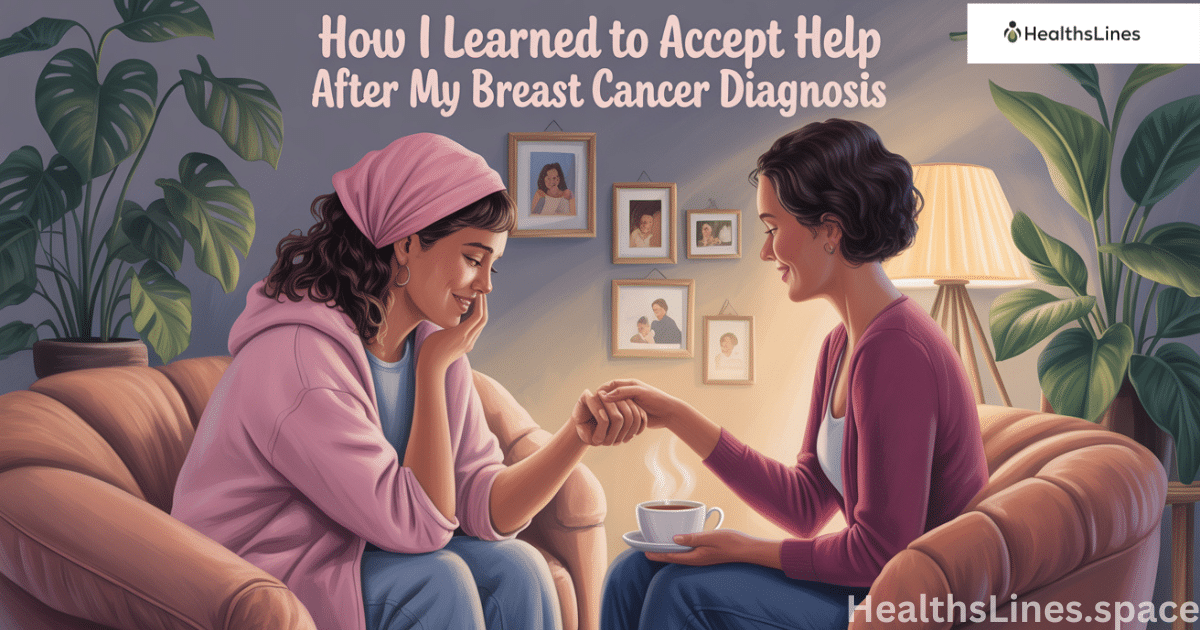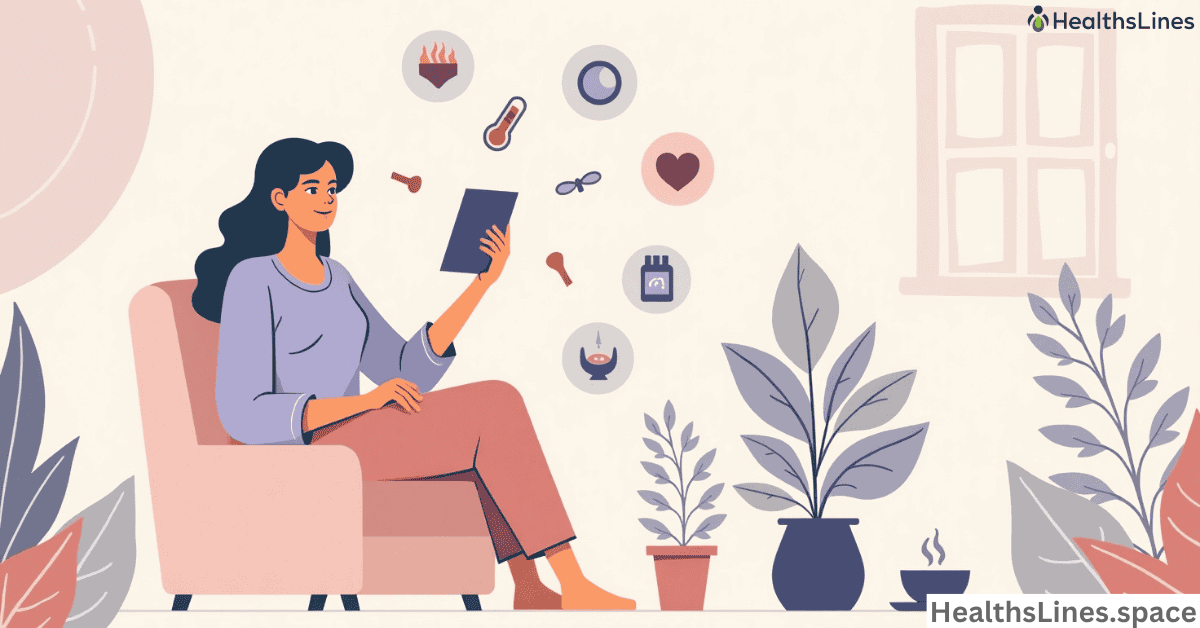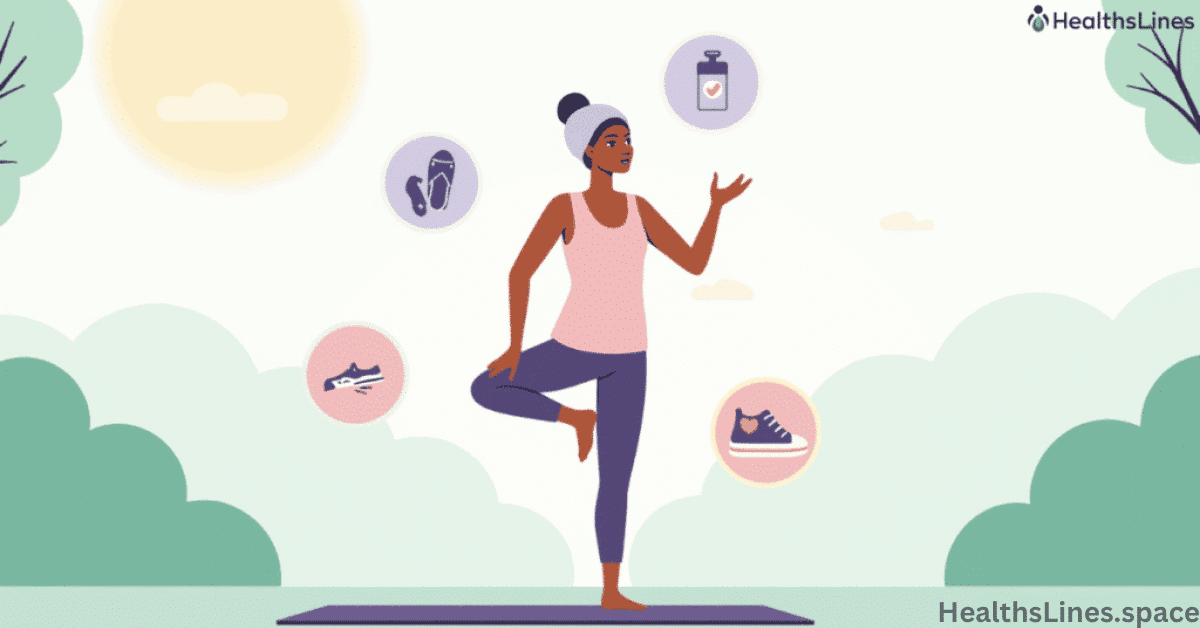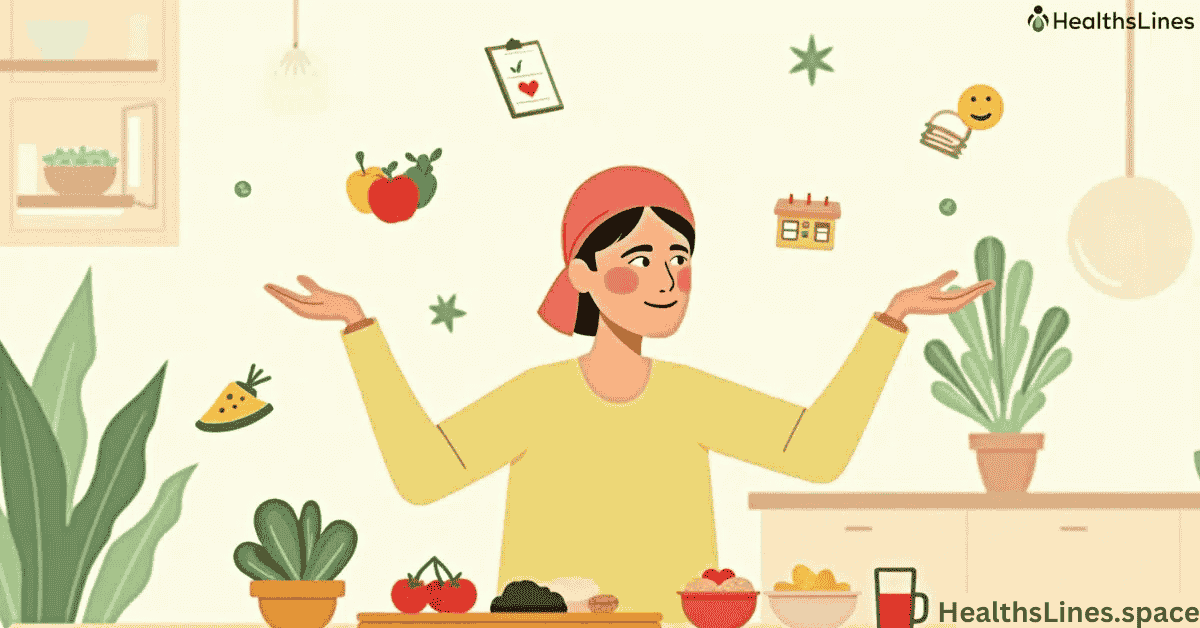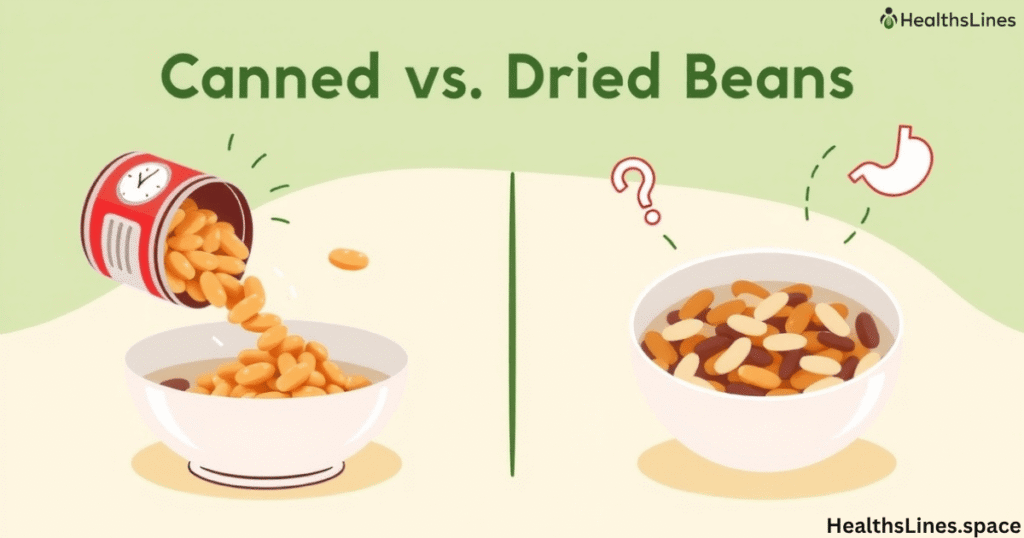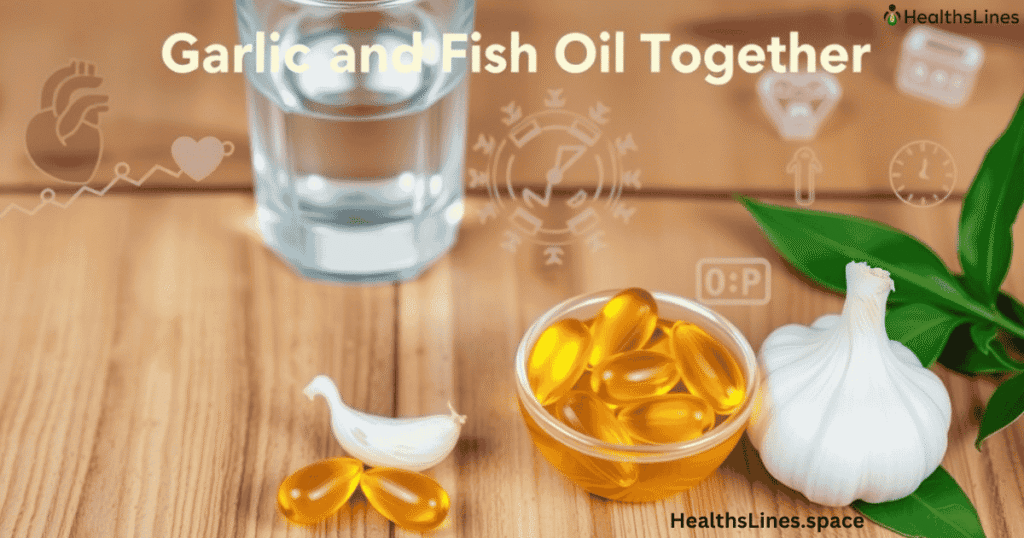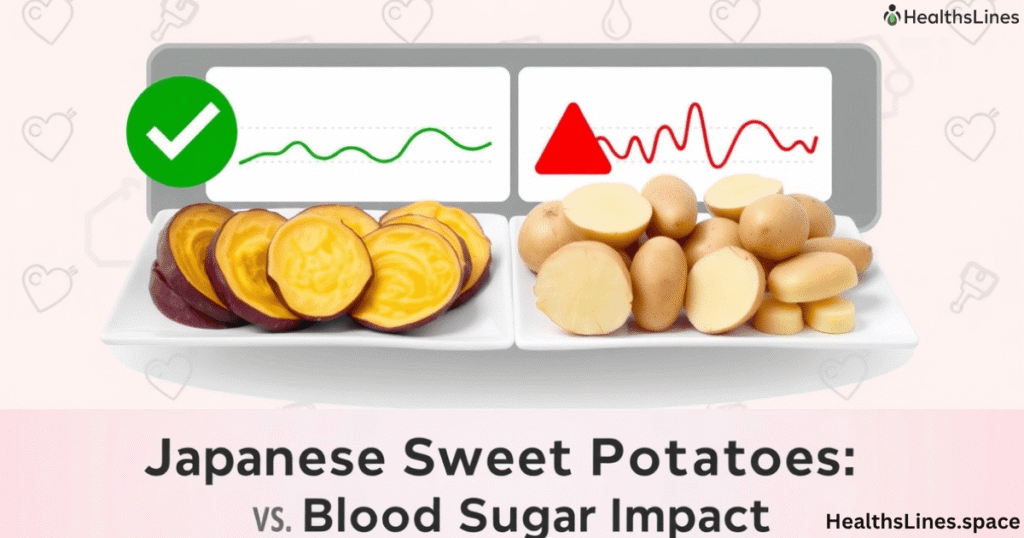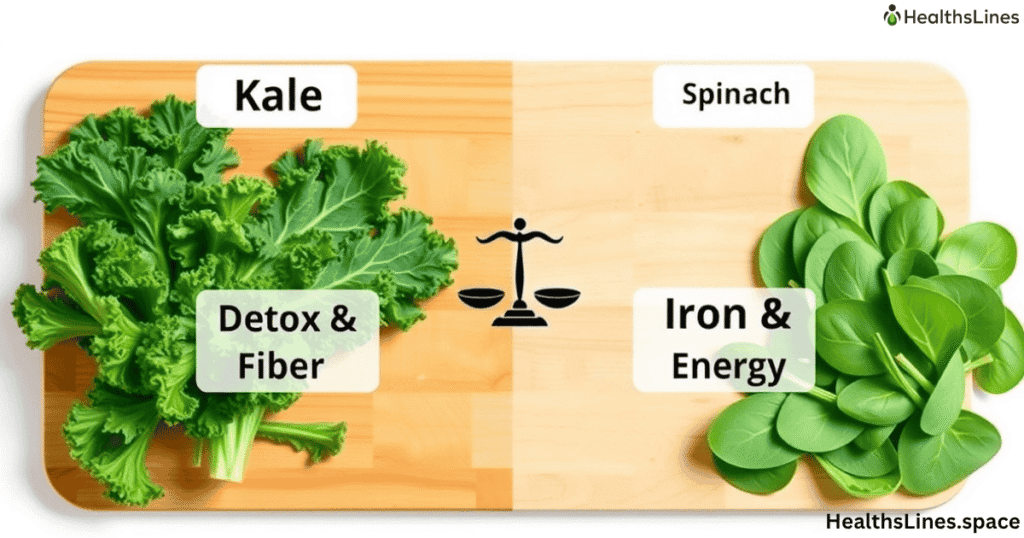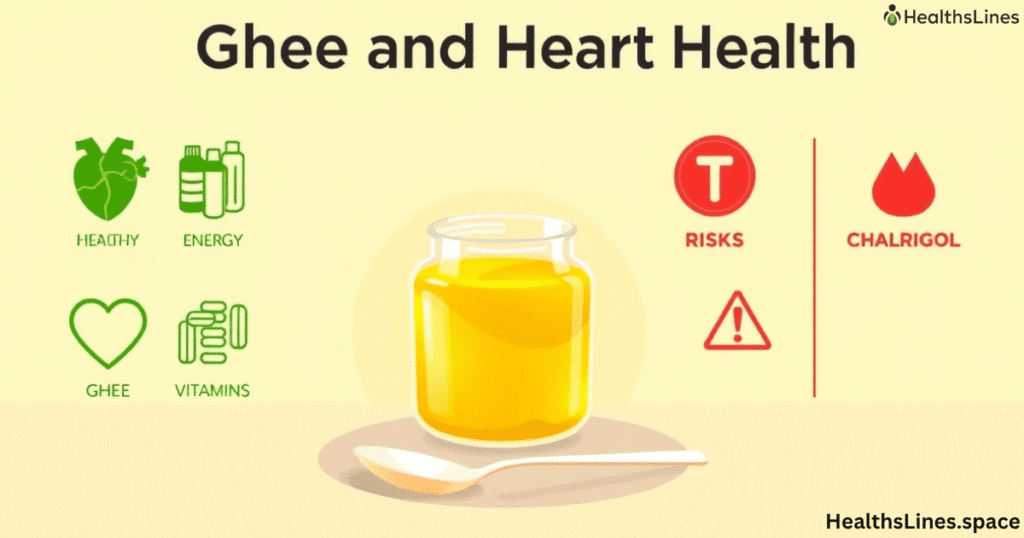When Strength Becomes a Burden
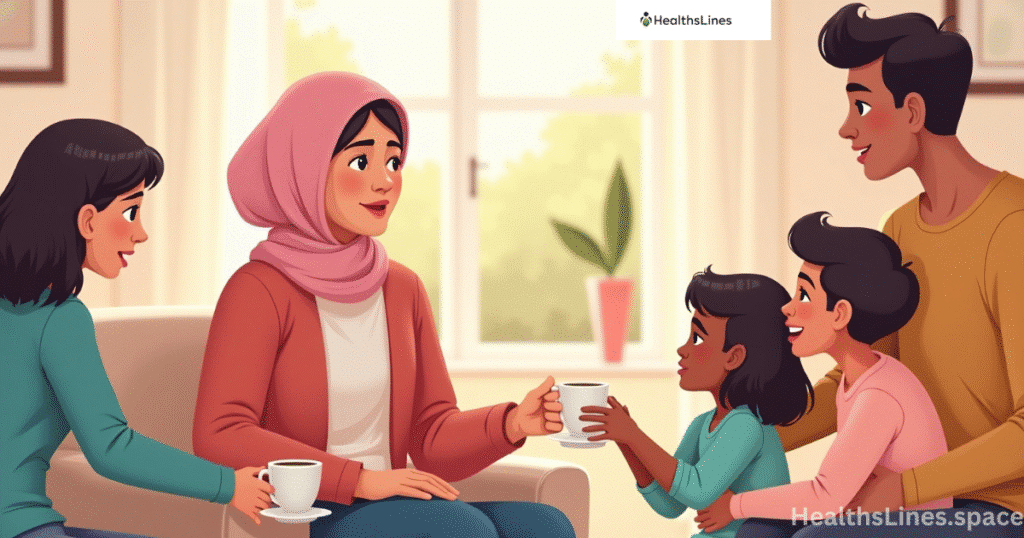
When I heard the words “you have breast cancer,” everything froze. I didn’t cry right away. I didn’t scream. How I Finally Accepted Help After My Cancer Diagnosis Instead, I thought, “How can I fix this?” I rushed into action mode, calling doctors, researching cancer treatment, trying to keep life going like nothing had changed. For a long time, I believed being strong meant doing it all myself. I didn’t want to be seen as weak, and I didn’t want to worry my family or friends. The idea of asking for help felt like failure. But that belief was quietly destroying me.
At first, I wore my strength like armor. I turned down offers to help, brushed off concern, and kept a tight lid on my emotions. I thought if I let myself lean on someone, even just once, I might crumble. But the burden of pretending to be fine grew heavier with each day. I was tired—physically, emotionally, spiritually. I couldn’t keep up. Chemotherapy side effects hit harder than I ever imagined. I battled chemo brain, couldn’t remember simple tasks, and had trouble focusing on conversations. Even after surgery recovery, I tried to get back to normal too quickly. I pushed my limits until my body pushed back. One evening, I collapsed in the shower, crying—not from pain, but from exhaustion and frustration. That was the moment I knew something had to change.
Real strength, I discovered, isn’t about never falling. It’s about learning to rest when you need to. It’s about understanding that you don’t have to prove anything to anyone. The strongest thing I ever did was admit I couldn’t do it alone. And when I finally let people in, the healing truly began.
What Help Really Looked Like—for Me
Accepting assistance was not what I expected. I thought it meant crying in someone’s arms or talking about cancer all the time. It wasn’t. Sometimes it was a friend dropping off food. Sometimes it was my sister doing my laundry without asking. Other times, it was someone just sitting next to me in silence during a rough day. Help came in many forms—small but powerful.
It wasn’t easy to let go of control. I worried people would think I was lazy or using my illness as an excuse. But people truly wanted to help. One friend created a meal train. Another paid for a cleaner to come once a week. A neighbor took my kids to school. These were real, practical things. They kept our home running when I couldn’t. And it wasn’t just family support. It was my community, my co-workers, even people I hadn’t seen in years. I also reached out to a cancer support group. These strangers became lifelines. Talking to other cancer patients who understood gave me strength I didn’t know I had.
Losing Control
When you’re first told you have breast cancer, everything in your life can feel like it’s spinning out of control. That’s exactly what happened to me. I had always been the type to manage everything, to plan, to stay strong no matter what. But suddenly, I couldn’t plan for what was coming. The diagnosis shook my confidence and sense of independence. I wanted to believe I was still in control, but the truth is, cancer takes control away from you in quiet, painful ways. It changes your body, your energy, your time, and even your identity. Every part of your routine—sleep, eating, work, and social life—can turn upside down. I tried to keep it together, but inside, I felt lost and scared.
At first, I refused to slow down. I kept pushing through, acting like nothing had changed. I showed up for work, smiled for my family, cooked meals, and cleaned the house, even as chemotherapy side effects hit harder each day. My body ached, my mind grew foggy from chemo brain, and I couldn’t focus. Yet, I still didn’t ask for help. I thought needing others meant weakness. But it wasn’t weakness—it was reality. Real strength, I would learn, wasn’t about doing everything alone. It was about knowing when to reach out, to open up, and to accept love and support without shame.
Real Tips for Anyone Struggling to Accept Help
Learning how to accept help takes time. First, I made a list of what I actually needed. Not what I thought people wanted to do, but what would truly help me. Things like driving me to appointments, watching my children, or just checking in weekly. I shared this with my closest friends and family. It was hard at first, but they were thankful. They didn’t know what to do, and now they had direction.
Next, I started using tools to manage help better. A shared calendar helped people sign up for tasks. A group chat made communication easy. Some people were shy or didn’t know what to say, but this made it simpler. I also learned to say yes. When someone offered help, I didn’t say, “I’m fine.” I said, “Thank you. That would mean a lot.”
Accepting help doesn’t make you less. How I Finally Accepted Help After My Cancer Diagnosis It makes you wise. Coping with cancer is not just about surviving physically. It’s about keeping your life from falling apart. Emotional pain, stress, and isolation can slow down healing. Letting others in can protect your mental health. And in many ways, it deepens your relationships. People feel honored when they’re trusted enough to help.
Workplace Rights and Employer Support
One of the hardest parts of my journey was telling my employer. I feared judgment. I feared losing my job. But I learned that I had rights. In many countries, cancer is recognized under disability law. This means employer support isn’t just nice to have—it’s required.
I sat down with HR and shared my diagnosis and brought medical notes and explained my treatment plan. I was offered medical leave, flexible hours, remote work and I didn’t use all of it at once, but knowing it was there gave me peace of mind. Many people don’t know that taking time off work during cancer treatment is not only allowed, it’s vital. You don’t have to power through. You can pause.
| Workplace Rights (Varies by Country) | Details |
| Medical Leave | Time off for treatment and recovery |
| Job Protection | Laws to prevent job loss during illness |
| Flexible Work Options | Remote work, shorter hours, task adjustments |
| Paid Sick Days | Depending on company and country laws |
It’s important to check your local labor laws and speak with a legal advisor if needed. You should never be punished for getting cancer. Don’t assume your boss knows what to do. Educate them. Help them help you.
Looking Back: Accepting Help Was a Gift
I used to think being independent meant never needing anyone. I was proud of my ability to handle everything. But cancer taught me that needing help doesn’t make you weak—it makes you human. Looking back, accepting help was the best decision I made. How I Finally Accepted Help After My Cancer Diagnosis It lifted a weight off my shoulders that I didn’t even realize I was carrying. It gave others a way to show love, and it allowed me to focus on healing.
I remember moments now with gratitude—my neighbor mowing our lawn, my best friend sitting with me through a chemo session, even the nurse who held my hand when I was afraid. These acts may have seemed small, but they meant everything. They reminded me I wasn’t alone. And honestly, the connection I felt during those times helped me more than any medicine. How I Finally Accepted Help After My Cancer Diagnosis There’s a quiet kind of healing that happens when people show up for you.
Now, when I hear someone else has been diagnosed, I know how to be there. I understand that offering help isn’t about fixing things—it’s about making the journey less lonely. And I tell them what I’ve learned: Let people in. Let them love you. Support is not just comfort. It’s strength in action. Letting others help might just be the thing that gets you through.
Common Help Cancer Patients May Need During Treatment
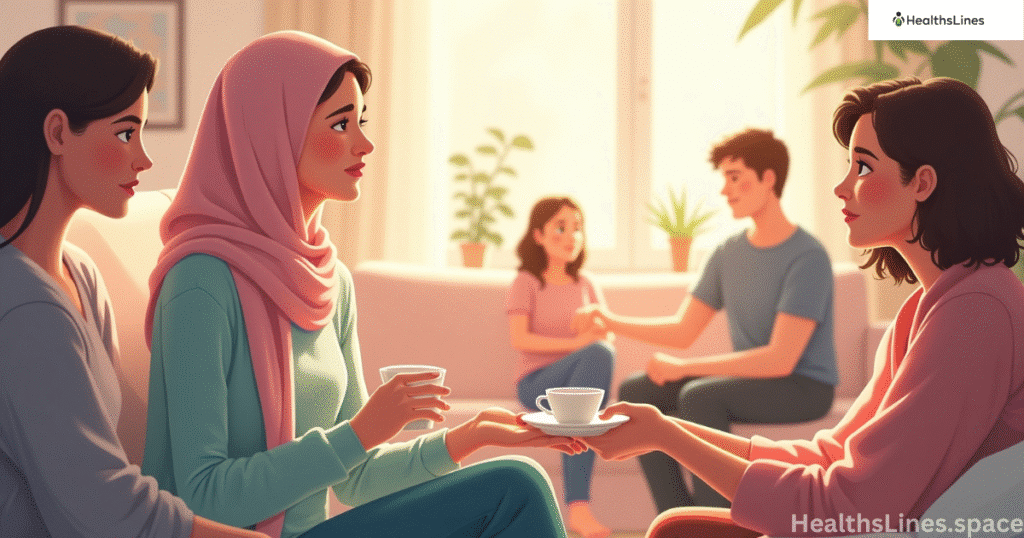
When you’re in the middle of cancer treatment, even small tasks can feel overwhelming. This is why having a support system that knows what kind of help to offer makes all the difference. Often, people want to assist but don’t know where to start. Understanding the actual needs of a cancer patient helps loved one’s give meaningful, useful support How I Finally Accepted Help After My Cancer Diagnosis.
Help can be physical, emotional, financial, household-related, or medical. For instance, during chemotherapy, I often needed rides to appointments because I was too weak to drive. How I Finally Accepted Help After My Cancer Diagnosis On days when fatigue hit hard, having someone take care of my laundry or meals was life-changing. Emotional help, like just being present or listening, gave me the strength to get through dark moments. Financial support was also critical—whether it was help with bills, groceries, or sorting through insurance paperwork. And sometimes, I just needed someone to take notes at the doctor’s office when my chemo brain left me foggy.
| Area | Type of Help |
| Physical | Driving to appointments, grocery shopping |
| Emotional | Talking, companionship, listening |
| Financial | Donations, bill assistance, insurance help |
| Household | Cleaning, cooking, childcare |
| Medical | Medication reminders, note-taking at appointments |
| Professional | Therapy, social work, legal advice |
Many hospitals also offer free services such as wig fittings, transportation vouchers, and counseling. Don’t be afraid to ask your care team what’s available.
Final Thoughts on Accepting Assistance
Accepting assistance doesn’t come naturally to everyone. Especially when you’re used to being the strong one. But illness humbles you. It teaches you that community matters. That recovery is a group effort. And that vulnerability is not weakness—it’s human.
If someone you love is going through breast cancer, don’t wait to be asked. Show up. How I Finally Accepted Help After My Cancer Diagnosis Send a message. Drop off a meal. Sit with them in silence. And if you’re the one fighting, please remember: you don’t have to do it alone. Help is not a handout. It’s part of healing. And healing, real healing, happens best in the presence of love.
